Foods for Strong Bones
Various foods for strong bones include milk, eggs, figs, green vegetables, etc. They are rich in nutrients like calcium, magnesium, and vitamin D. Read this article to learn more!
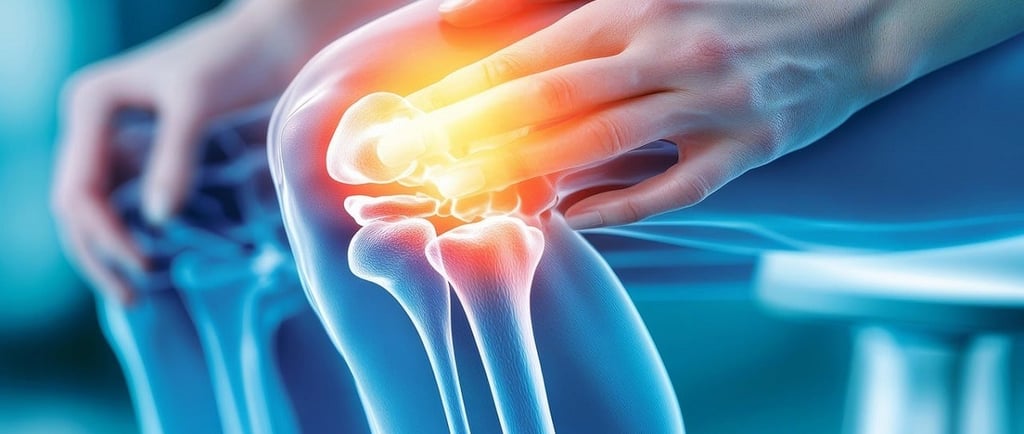

Bones provide our body shape and support. They are living tissues made up of calcium, protein, collagen, and other minerals.
Bones protect the vital organs of our body, such as the brain, heart, bladder, and lungs.
As we age, bone mass and density decrease, leading to weak, brittle, and fragile bones. Proper nutrition is therefore required to keep our bones healthy and avoid bone diseases like osteoporosis and osteoarthritis.
The following vital nutrients and their food sources can help make bones healthy and strong.
1. Calcium
Calcium is a vital mineral required for healthy bones. The human body can’t produce calcium on its own, it derives the calcium from the food we eat.
The most abundant mineral in the body is calcium, and around 99% of the total calcium in our body is found in bones. The remaining 1% is for the proper functioning of the heart, muscles, and nerves.
Bones are the storage house of calcium in our body. If we don’t eat enough calcium, the body will start taking calcium from the bones to function, leading to weak bones and may cause osteoporosis.
Bone density is highest in the age period of 25 to 35 years after that it starts decreasing, so we need proper calcium intake to keep our bones healthy.
Recommended Daily Calcium Intake
What are calcium-rich foods?
The following are the calcium-rich foods that can be included in the diet for healthy bones.
· Yogurt
· Mozzarella Cheese
· Sardine Fish
· Milk
· Tofu
· Soymilk
· Cottage Cheese
· Soybeans
· Spinach
· Chia Seeds
· Almonds
· Figs
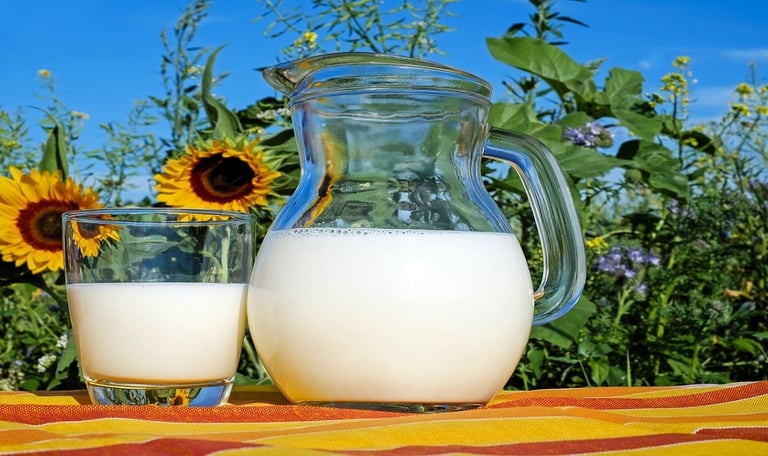

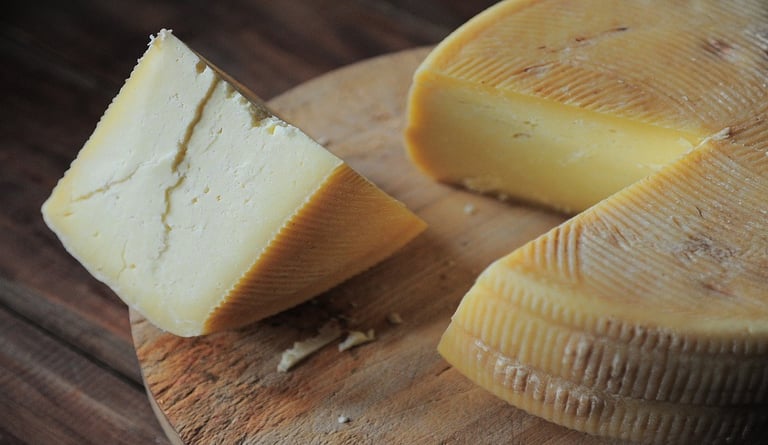

2. Phosphorus
Human bones contain calcium phosphate, so phosphorus is equally important for bones along with calcium.
After calcium, phosphorus is the major mineral in the body and helps keep bones and teeth healthy.
The bones and teeth constitute around 85% of the total phosphorus in the body.
Phosphorus is also helpful in kidney function, muscle contraction, heartbeat, and nerve signaling.
Recommended Daily Phosphorus Intake
Phosphorus deficiency is generally rare. Excessive phosphorus is more harmful than low phosphorus which generally occurs due to kidney disease. Excessive phosphorus intake increases the risk of heart disease.
The daily recommended phosphorus intake is as follows.
What are phosphorus-rich foods?
Phosphorus is present in a wide range of foods that can be included in diet. The following are the phosphorus-rich foods.
· Milk, Yogurt, and Cheese
· Fish
· Eggs
· Potatoes
· Lentils
· Kidney Beans
· Peas
· Cashew
· Sesame seeds
· Meats
· Mushrooms
· Asparagus
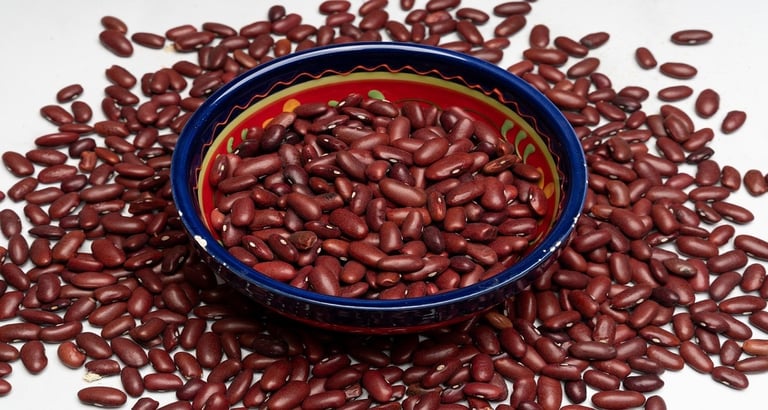

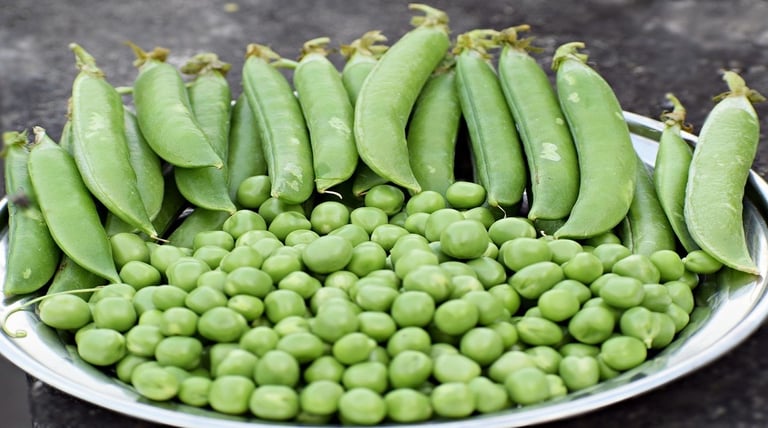

3. Magnesium
Magnesium is an important mineral that helps the body use calcium and vitamin D, two vital nutrients for bone health.
Magnesium also helps improve bone density and bone crystal formation.
Adequate magnesium consumption also reduces the risk of osteoporosis in women after menopause.
An adult person’s body contains around 25 gm of magnesium out of which 50 to 60% is present in bones.
Magnesium is also helpful in improving sleep quality, heart health, and managing stress.
Recommended daily Magnesium Intake
What are Magnesium-rich foods?
The following are the foods that are high in magnesium content.
· Dark Chocolates
· Avocados
· Nuts
· Legumes
· Tofu
· Whole grains
· Fatty fish like salmon and mackerel
· Bananas
· Kale, spinach


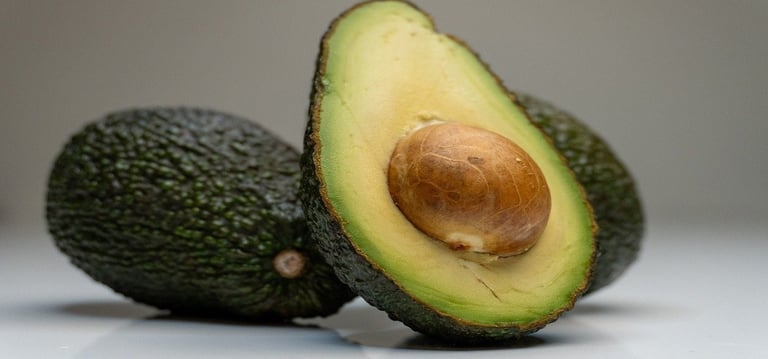

4. Potassium
Potassium is helpful in neutralizing acid load in the body.
Adequate consumption of potassium reduces the calcium loss from the bones thus preventing osteoporosis.
Potassium is also helpful in lowering blood pressure, reducing water retention, preventing kidney stone formation, and lowering the risk of stroke.
Recommended daily Potassium Intake
What are Potassium-rich Foods?
The following foods are rich in Potassium and should be included in the diet.
· Bananas
· Avocados
· Sweet Potatoes
· Coconut Water
· Beans
· Spinach
· Legumes
· Watermelon
· Apricots
· Raisins
· Potatoes
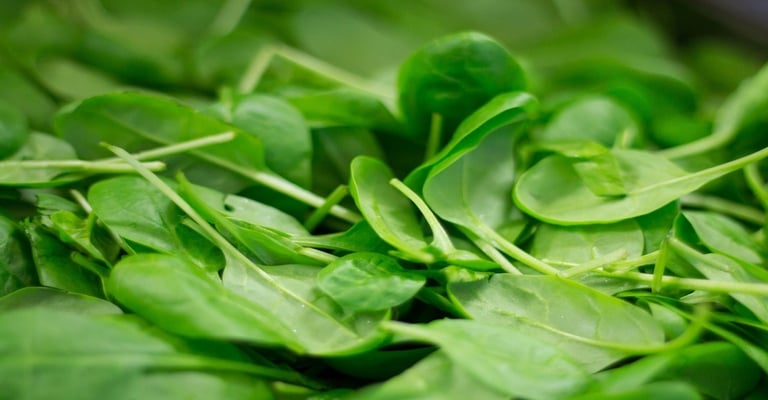

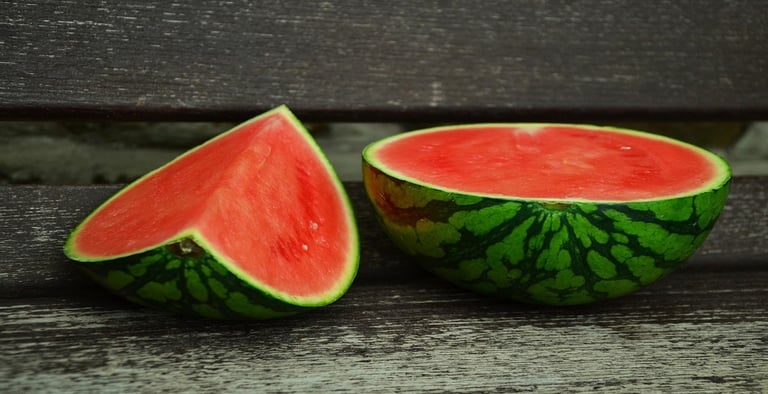

5. Protein
Around 50% of the volume of bone is made of protein, mainly collagen.
Protein creates the structural matrix of bones, providing strength and support to the bones.
It promotes the production of Insulin-like growth factor 1 (IGF-1) hormone, which helps bone growth and improves bone density.
Adequate protein intake promotes calcium absorption in the intestine which is good for bone health.
Protein also serves various purposes like increasing muscle mass, boosting muscle mass, increasing fat burning, and improving hair and skin health.
Recommended daily Protein Intake
The National Academy of Medicine recommends consuming 0.8 gm of protein per kg of body weight. However, protein requirements may vary according to the physical activity.
What are Protein-rich foods?
The following are the foods high in protein content.
· Chicken Breast
· Eggs
· Fish
· Almonds
· Milk
· Greek Yogurt
· Cottage Cheese
· Peanuts and Peanut Butter
· Legumes and Beans
· Peas
· Edamame
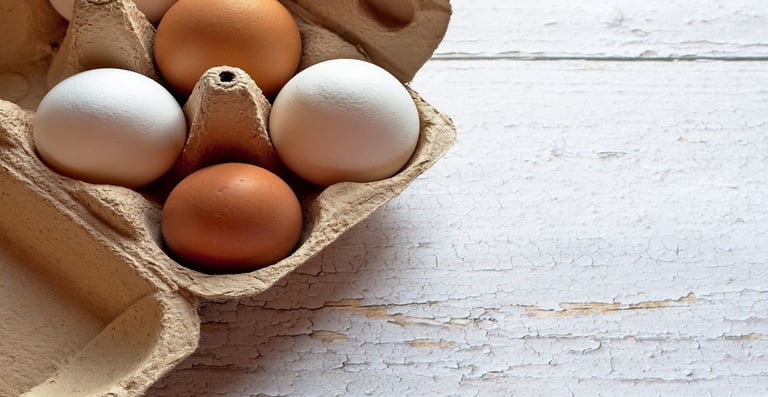

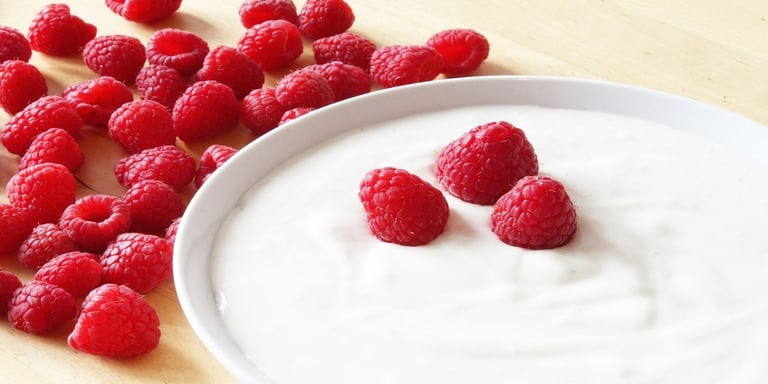

6. Vitamin D
When the Sun’s ultraviolet (UV) rays fall on our skin it interacts with the cholesterol present under the skin to form Vitamin D.
Vitamin D is a vital vitamin that helps the body absorb and use calcium.
Vitamin D has two types: Vitamin D2 (Cholecalciferol) comes from plant sources and Vitamin D3 (Ergocalciferol) comes from animal sources and skin’s reaction to sunlight.
Vitamin D also helps improve immunity, muscle, and gut health, and promote weight loss.
Recommended daily Vitamin D Intake
What are Vitamin D-rich foods?
The following foods are rich in Vitamin D.
· Egg Yolk
· Fatty fish like Salmon and Trout
· Mushrooms
· Cod liver oil
· Avocados
· Kiwi
· Bananas
· Spinach
· Sweet Potatoes
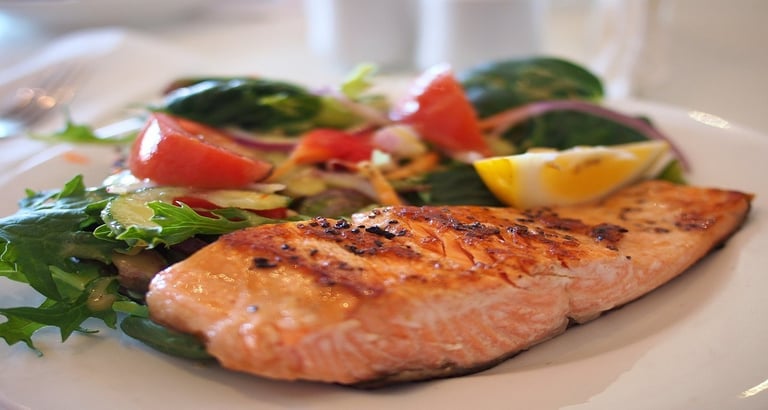

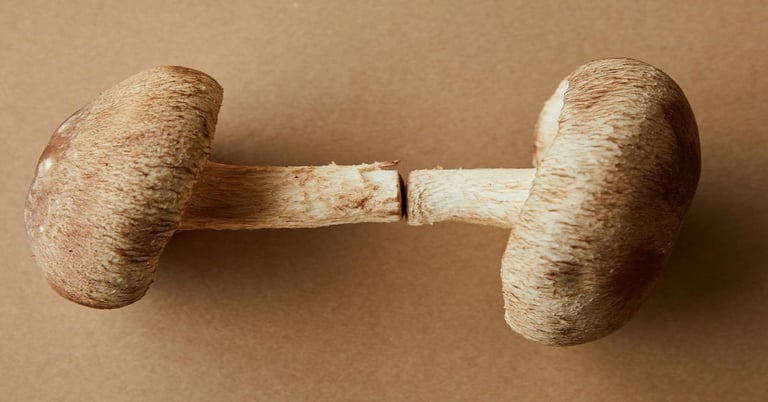

7. Vitamin K
Vitamin K is a fat-soluble vitamin, the body stores vitamin K in the liver.
Vitamin K initiates the protein that helps in bone formation and mineralization. It improves bone mineral density and lowers the risk of fracture.
Vitamin K has two types: vitamin K1 and Vitamin K2. Vitamin K1, or phylloquinone, comes from plant sources, and Vitamin K2, or menaquinone, comes from animal sources and fermented foods.
Vitamin K is helpful in blood clotting, strengthening bones, and improving heart health.
Recommended daily Vitamin K intake
What are vitamin-K-rich foods?
The following are vitamin-K-rich foods.
· Natto
· Collards
· Turnip greens
· Spinach
· Kale
· Broccoli
· Soybeans
· Okra
· Cashews
· Chicken liver
· Figs
· Egg
· Mozzarella Cheese
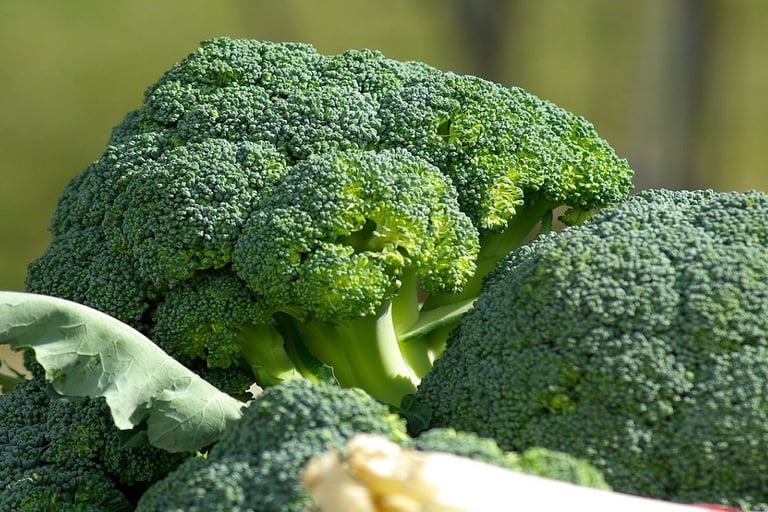

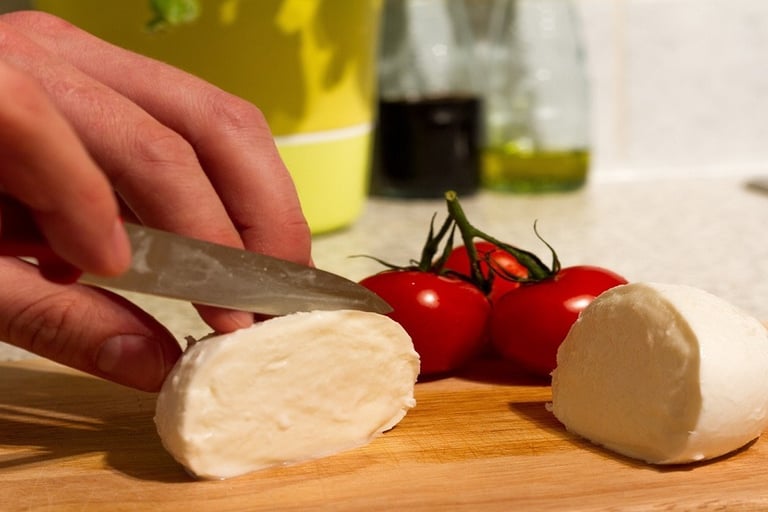

8. Zinc
Zinc is a vital micronutrient required for healthy and strong bones.
Zinc helps preserve bone mass and promotes bone formation and mineralization.
A deficiency of zinc may cause osteoporosis, osteopenia, and bone fracture.
Zinc also serves several other functions, such as wound healing, boosting immunity, reducing inflammation, and treating acne.
Recommended daily Zinc Intake
What are zinc-rich foods?
The following varieties of foods are rich in zinc and can be added to the diet.
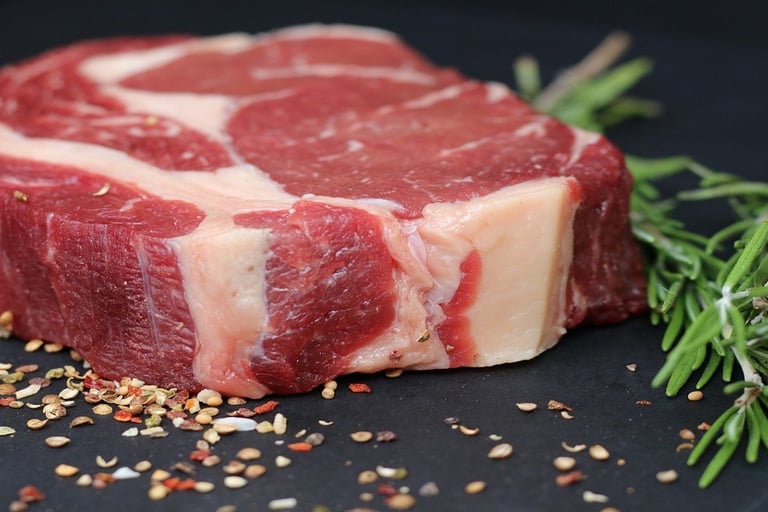

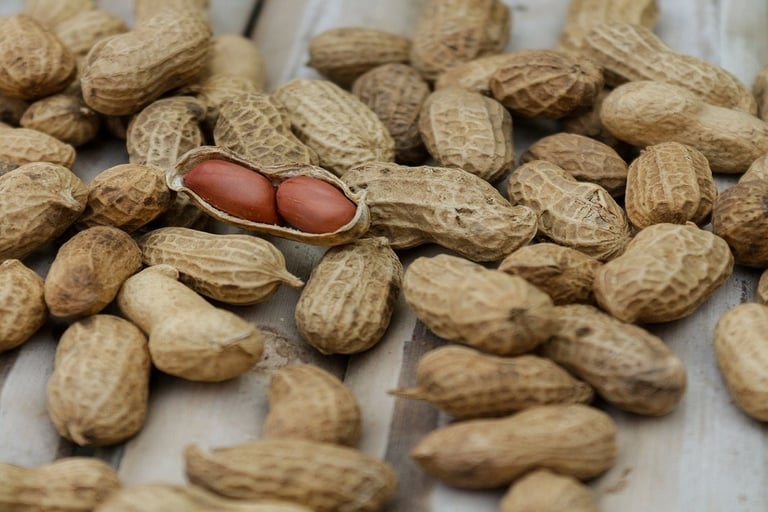

9. Omega-3
Omega-3 helps improve bone strength by maintaining the calcium in the bones.
It reduces the risk of osteoporosis and may relieve arthritis.
Omega-3 improves blood circulation which helps repair and nourish joints. It also reduces inflammation that causes joint stiffness and pain.
Omega-3 also helps improve vision, boost brain health, promote cardiovascular health, and reduce the risk of Alzheimer’s disease.
Recommended daily omega-3 intake
What are omega-3-rich foods?
The following are the omega-3-rich foods.
· Flax seeds
· Chia seeds
· Walnuts
· Salmon Fish
· Soybean oil
· Oysters
· Kidney Beans
· Canola Oil
· Edamame
· Eggs
· Chicken Breast
· Soybeans


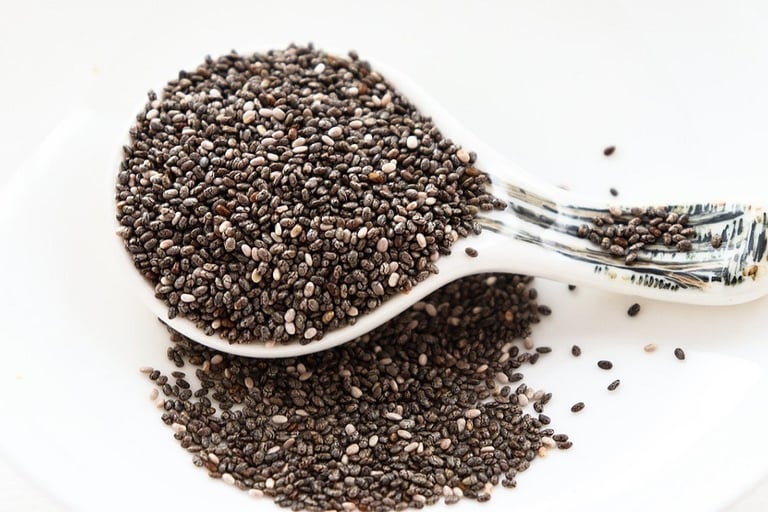

Conclusion:
Regular consumption of foods rich in nutrients like calcium, phosphorus, magnesium, vitamin D, zinc, etc. helps nourish and strengthen the bones.
A healthy, balanced diet containing nuts, fish, eggs, milk, cheese, lentils, and green leafy vegetables provides all the essential vitamins and minerals for strong bones.
After the age of 30, the body starts losing calcium, so a proper nutrition-rich diet is required to keep the bones healthy. Older people should especially ensure that they are getting proper nutrition to avoid bone diseases like osteoporosis and osteoarthritis.
